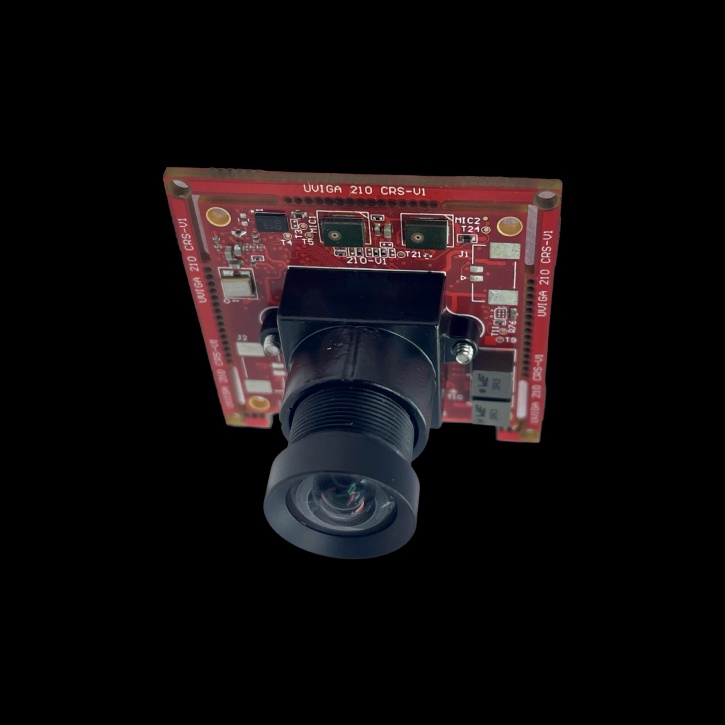In the fast-paced world of industrial automation and machine vision, the significance of cameras cannot be overstated. Among the plethora of camera options available, industrial USB cameras stand out for their versatility, reliability, and ease of integration. In this comprehensive guide, we delve into everything you need to know about industrial USB cameras, exploring their applications, features, benefits, and considerations for selection.
Industrial USB cameras, as the name suggests, are cameras equipped with USB interfaces specifically designed for industrial environments. These cameras are tailored to meet the demanding requirements of industrial applications, ranging from quality control and inspection to robotics and surveillance. Their compatibility with USB interfaces ensures seamless connectivity with various devices such as computers, embedded systems, and vision systems, facilitating data transfer and image acquisition.
One of the key advantages of industrial USB cameras is their plug-and-play functionality, which simplifies installation and setup. Unlike traditional cameras that may require complex configurations, industrial USB cameras can be easily connected to a host system via USB cables, eliminating the need for additional power supplies or interface cards. This streamlined integration process not only saves time but also reduces overall system costs.
Furthermore, industrial USB cameras offer a wide range of features to cater to diverse application requirements. High-resolution sensors enable precise image capture, allowing for detailed inspections and accurate measurements. Advanced imaging technologies such as HDR (High Dynamic Range) and low-light sensitivity enhance image quality in challenging lighting conditions, ensuring reliable performance across different environments.
Another notable feature of industrial USB cameras is their compact and robust design. Built to withstand harsh industrial environments, these cameras are often equipped with rugged housings that provide protection against dust, moisture, and vibration. This durability makes them ideal for deployment in manufacturing facilities, warehouses, and outdoor settings where reliability is paramount.
The versatility of industrial USB cameras extends to their compatibility with various software platforms and development environments. Many manufacturers offer software development kits (SDKs) and drivers that support popular programming languages such as C++, Python, and LabVIEW, empowering developers to create custom applications tailored to their specific needs. This flexibility enables seamless integration with existing systems and workflows, enhancing productivity and efficiency.
When selecting an industrial USB camera for a particular application, several factors should be considered. Firstly, the resolution and sensor size play a crucial role in determining the level of detail and accuracy required for image analysis. Additionally, factors such as frame rate, shutter speed, and dynamic range should be evaluated based on the speed and complexity of the application.
Moreover, considerations such as interface compatibility, cable length, and power requirements should not be overlooked to ensure seamless integration and optimal performance. It is also essential to assess the durability and reliability of the camera, especially in rugged industrial environments where reliability is critical.
For more details,
https://www.vadzoimaging.com/


No comments yet